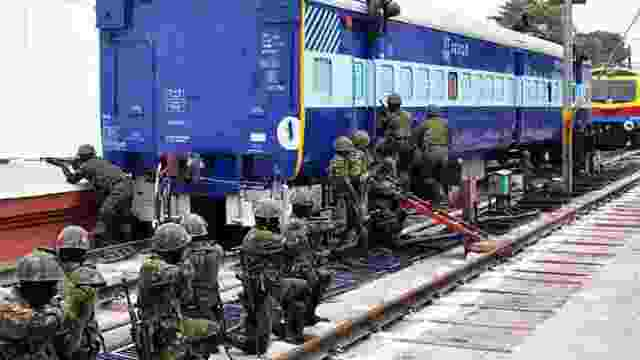Understanding Railway Station Stay and Bunking Charges:
Railway journeys are an essential part of travel for millions of people across India. Whether for work, leisure or other reasons, trains play an important role in connecting people and places. However, there are some rules and regulations that travelers should be aware of, especially when it comes to the length of stay at stations and possible charges that may apply.
Introduction to Break Journey:
Break journey refers to the practice where a passenger stops at some intermediate station in his journey and then resumes the journey at a later date. Indian Railways allows passengers to undertake break travel for a fixed period, usually up to a maximum of two days, excluding the day of arrival and the day of departure. This provision is beneficial for passengers who may need to attend to personal matters or explore destinations en route.
Passenger Break Journey vs Train Stoppage:
It is important to differentiate between the break journey of a passenger and the stoppage of a train at a station. While passengers are allowed to take breaks in their journey, trains may stop at stations for various reasons such as scheduled stops, operational requirements or unexpected circumstances. Depending on factors such as train timetables, passenger boarding and deboarding, and other operational considerations, these stoppages can vary in duration from a few minutes to several hours.
Understanding Banking Charges:
Now, let us discuss the concept of bunking charges. Bunking charges are charges levied by railway authorities when passengers are found traveling without a valid ticket or ticket endorsement. The purpose of these charges is to prevent ticketless travel and to ensure that passengers comply with the rules and regulations laid down by the Indian Railways.
Clarification on Train Stoppage Charges:
While the rules regarding break journey for passengers are clear, specific guidelines regarding charges issued by the Railway Police when a train is stopped at a station for a long period are not readily available in public sources. The period for which a train may stand at a station without any additional charges may vary depending on various factors including railway regulations, operational considerations and local policies.
Recommendation for detailed information:
Persons seeking detailed information regarding train stoppage charges or any related rules are advised to contact Indian Railways or Railway Police directly. By reaching out to the appropriate authorities, travelers can obtain accurate and up-to-date information tailored to their specific circumstances. Additionally, it is important to note that rules and regulations may vary depending on various factors and jurisdictions, so it is always wise to verify the most current and applicable guidelines.
conclusion:
In short, while passengers are allowed to undertake break journeys for a specified period, the rules regarding charges for extended stoppage of a train at a station are not clearly mentioned in public sources. On the other hand, bunking charges are applicable to passengers traveling without a valid ticket or endorsement. For detailed information on train stoppage charges or any related matters, it is best to consult Indian Railways or Railway Police directly. By doing so, passengers can ensure compliance with the rules and enjoy hassle-free travel on India's vast railway network.





.jpg)
.jpg)
.jpg)
.jpg)
.jpg)
.jpg)

.jpg)
